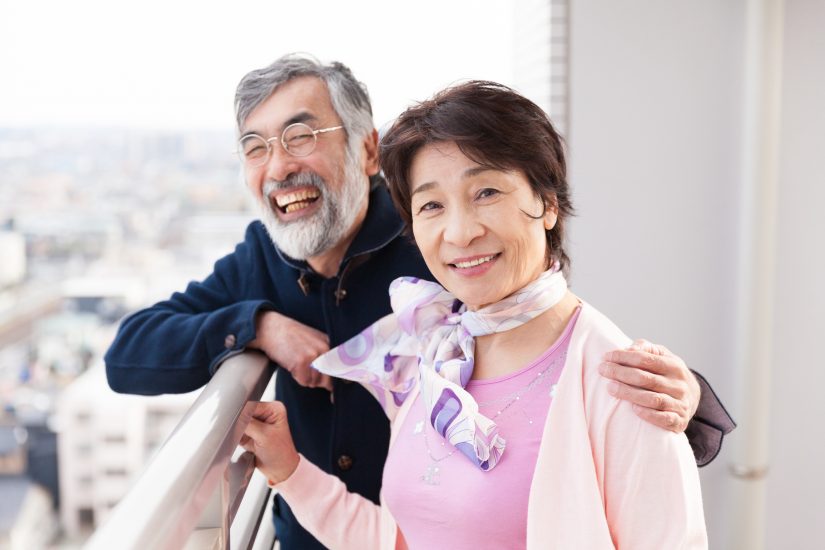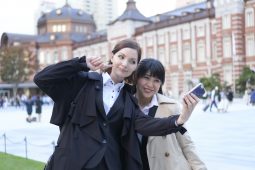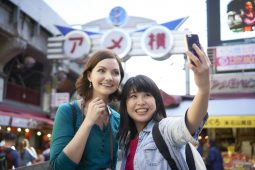Recently, despite the issues raised by the aging population in many countries, scientists have come up with the optimistic concept of super-agers. When for some people getting older means losing most of their physical and mental ability which leads them to be discouraged or even let themselves go, the super-agers love to take up on new challenges and somehow manage to maintain the biological age of a person decades younger. Indeed, the super-agers are never deterred by their age as well as physical and intellectual limits, but instead will push through in order to accomplish new things. This definition resonated with me when considering not only their longevity but also the way many Japanese people I have come upon approached aging.
I observed many Japanese people who become more active than ever when they retire. They, of course, tend to work really hard in their career which naturally constrains their free time and opportunity to devote themselves to regular activities. However, as soon as they taste the joys of retirement they can finally get into regular exercise involving walking, going to the gym or climbing mountains. Most likely thanks to the mountainous topography of their country, the Japanese have the reputation for being avid mountain climbers and not only in Japan but also internationally. Numerous very mature seniors have taken on the glorious 7 peaks (7 highest mountains in the world). The world record for the oldest person to climb Mt Everest is still held by the Japanese Yuichiro Miura who made it to the summit twice as he broke his own record. And guess who is the oldest woman to climb Everest and also broke her own record? That’s right, Tamae Watanabe is also Japanese. Nothing can stop them. Doing better than others is not sufficient, they also need to do better than themselves and that is precisely the spirit of a super-ager. Myself, a passionate of mountain climbing in Japan, I cannot count the number of times some elderly climbers put me to shame by overtaking me effortlessly.
As previously mentioned, a super-ager is not only extraordinary due to their physical ability but also mental prowess. For instance, they will show outstanding memory skills for a person their age that could even compete with a person in their 20s. An other observation is the impressive number of Japanese people who start learning or dedicating a lot of their time into learning languages once they retire. More commonly, they will focus on English but they can also get into a completely new language just to stimulate their brain and to dwindle their chances of suffering from dementia as the Japanese always say. It seems dementia is one of their worst dread when it comes to potential health issues. An other clever way of stimulating those neurons is simply by picking up a musical instrument since there is nothing more challenging than starting to learn to play an instrument. I once met a Japanese gentleman who at the age of 66 was about to retire and decided he wanted to devote the rest of his life to mastering the acoustic and electric guitar when he had never played in his life.
Finally, along with exercise and mental training, travelling in Japan but also abroad is an other technique to remain active and stimulated. After retiring, Japanese people can finally enjoy all that free time they could never dream of while working while going country hopping in Europe for example. Far from behind a hindrance their physical state does not stop them from exploring even if it involves long days of walking.
Staying active and learning new things are the secrets of senior citizens to remain fit. If I have learned one thing from Japanese people and particularly the elderly while living in their land is that it is never too late to commence something. Your brain and your physical state are a hindrance only if you decide they are. Therefore, becoming a super-ager implies resilience and looking at challenges as exciting rather than insurmountable. The Japanese do not only live longer, but they also seem to age better.








